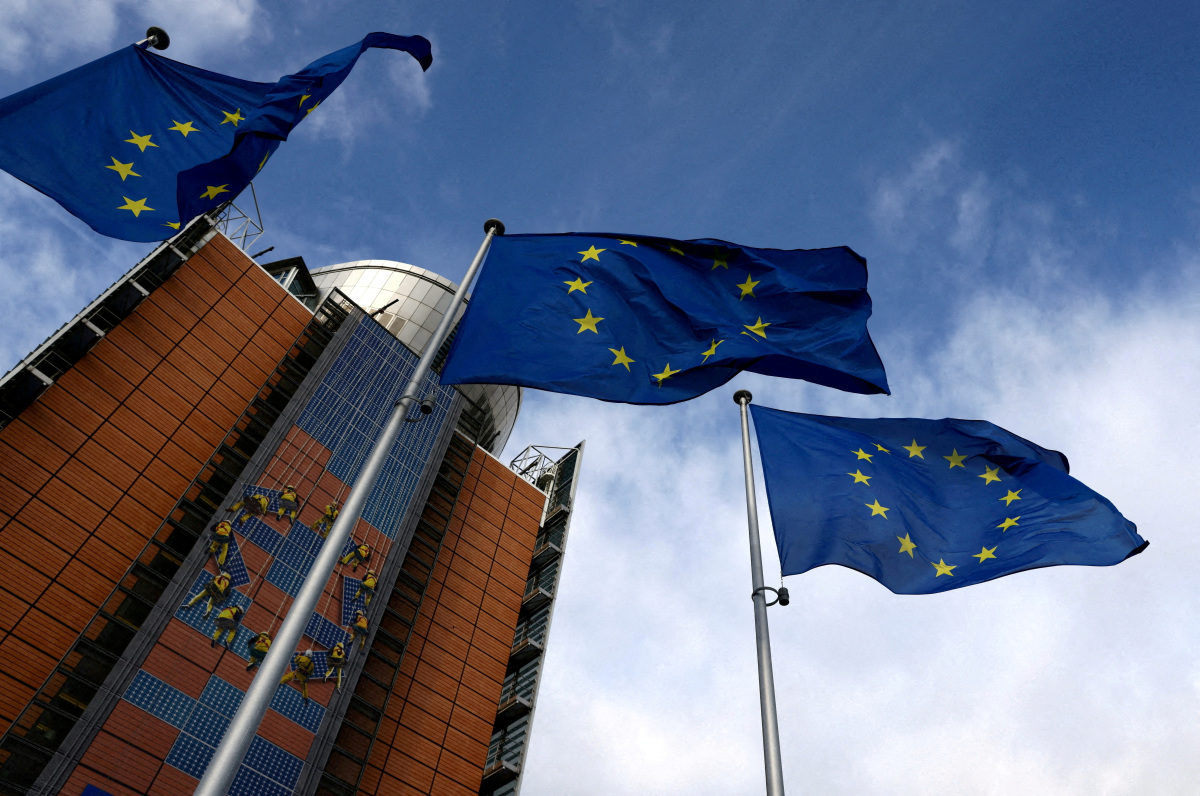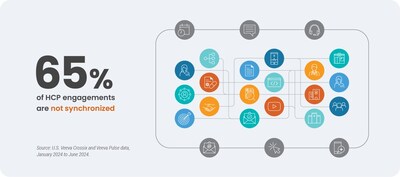It looks like Microsoft’s search engine Bing, browser Edge, and advertising services might be exempted from Digital Markets Act (DMA) regulation. In 2022, the European Commission listed the world’s most renowned tech giants including Microsoft as internet “gatekeepers,” who would be subject to special rules.
The DMA, which has been in effect since November 2022, was originally designed to protect consumers while giving rivals more chances to survive against big tech companies.
Microsoft’s widely used services such as Windows, Bing search and the Edge browser came under the watchful eye of European antitrust regulators. As a result, the Redmond-based tech giant was also added to the gatekeepers list.
Last year, both Apple and Microsoft tried to get iMessage and Bing off the EU’s tech gatekeepers list, with Microsoft arguing their platforms had neither hit the set thresholds nor attained the magnitude to qualify as a gatekeeper.
Now, a report by Bloomberg suggests Microsoft’s Bing and Edge services will not be subject to the strict DMA regulations. During its 5-month-long investigation, the EU Commission reportedly found that the abovementioned services are not dominant enough to warrant regulation.
It is worth noting that Bing’s market share has remained stagnant despite the addition of Microsoft Copilot (formerly Bing Chat). Nevertheless, Microsoft Bing managed to cross 100 million daily active users for the first time last year, courtesy of Bing Chat AI.
Microsoft argued that forcing it to provide users access to rival search engines would negatively impact Bing’s value. The EU gave companies included in the gatekeeper list six months to comply with the DMA, warning them that there would be hefty fines and penalties if they failed to do so.
Under the DMA, the Commission also requires the gatekeepers to ensure their service is interoperable. To those unaware, interoperability alludes to a system’s ability to work with or use the parts or equipment of another system.
Microsoft, Google act in accordance with the DMA
Google recently divulged details about the elaborate measures it has put in place to comply with the DMA. For instance, it allowed users to choose Microsoft Edge and Bing as their default search engine.
Aside from this, the search giant introduced additional consents for linked services, which allow users to decide whether they are willing to continue sharing their data across select Google products and services for ads.
The company also simplified the process of switching the default search engine or browser on Android phones. This could allow Microsoft to give Google a run for its money as far as search market share is concerned.
Likewise, Microsoft explained how it is making Windows 11 compliant with the DMA in the European Economic Area (EEA) in a blog post. The company allows users in the EEA to uninstall Microsoft Edge, turn off the Microsoft News feed and ads in the Widgets Board on Windows 11, and even disable Bing in Windows Search.







